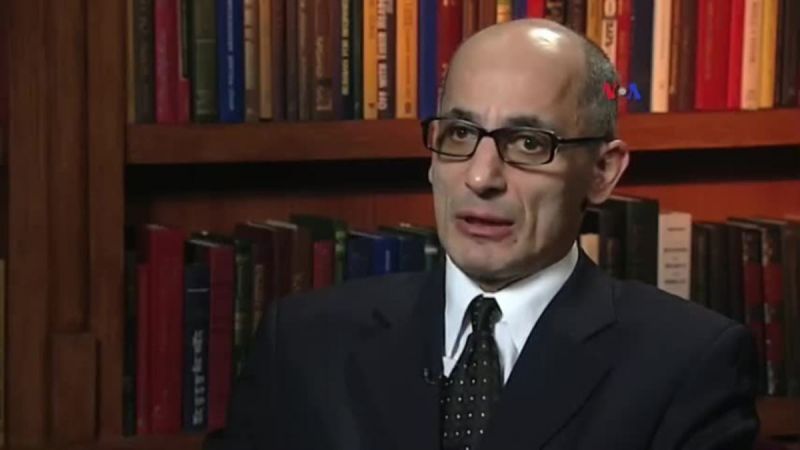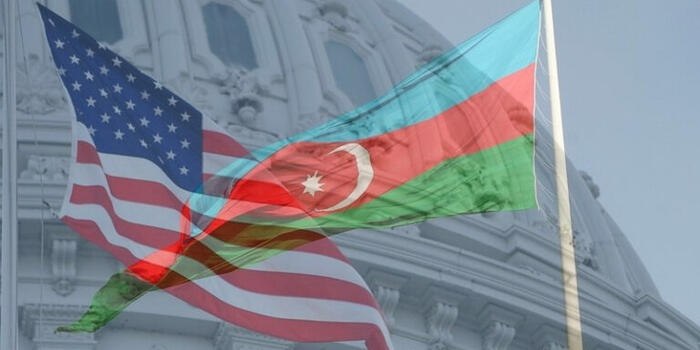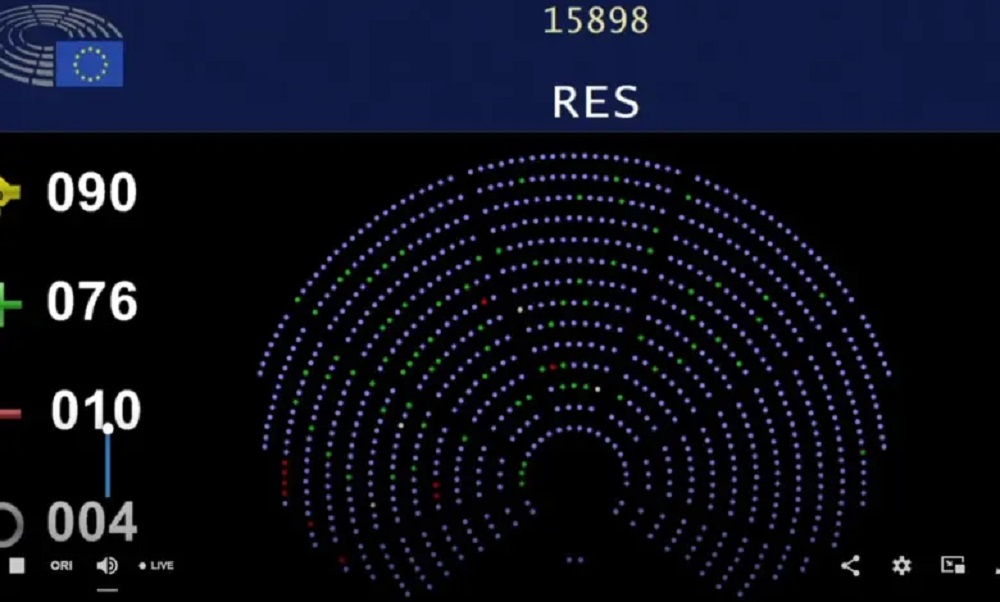
Commentary by Political Observer Ramiz Yunus
Azerbaijani political observer Ramiz Yunus, residing in the USA, provided commentary for azpolitika.info on the outcomes of the 79th session of the UN General Assembly and the processes impacting our region.
- How could the South Caucasus change after the U.S. presidential and CoE chair elections? Baku’s perspective
- Op-ed: “Russia wouldn’t view withdrawal from the Armenia-Iran border crossing as a red line”
- The Constitutional Court of Georgia has accepted the lawsuits against the “foreign agents” law but has not suspended it
According to Yunus, the latest UN session took place against the backdrop of ongoing Russian aggression against Ukraine and the Middle Eastern conflict that erupted on October 7 of last year in the Gaza Strip between Israel and Hamas. As a result, many themes echoed those of the previous—78th—session.
“More Equal Among Equals”
“Similar calls for peace and discussions about the urgent need for reforms in the UN and its Security Council were voiced in both sessions. Yet, as we can see, no changes have occurred since then, and frankly, none are expected. The reasons for this can be found in the UN Charter itself. Specifically, it pertains to the special rights of the five permanent members of the UN Security Council— the USA, China, Russia, the UK, and France—who consider themselves more equal among equals. These states have historically utilized their veto power in their own interests at times when they violated international law. Therefore, until these nations are stripped of their veto power, there is little point in discussing any reforms in the Security Council or the UN as a whole.”
“Georgia’s Policies Displease the West”
In his commentary on recent developments concerning the South Caucasus countries, the political observer particularly noted the meeting between the President of Turkey and the Prime Minister of Armenia, which took place on the sidelines of the UN General Assembly: “Armenia is trying to gain support from Turkey, considering potential pressure from foreign actors, primarily Russia, in the event of signing a peace treaty with Azerbaijan. I have no doubt that the normalization of relations between Ankara and Yerevan wholly depends on the prospects of signing a peace treaty between Azerbaijan and Armenia. It can be assumed that these realities were communicated to Nikol Pashinyan during the meeting in New York.”
Ramiz Yunus also touched upon the relationship between the West and Georgia, which has noticeably weakened in recent months: “The policies of the current US administration and its European partners toward Georgia are quite synchronized and aimed against the current authorities in Tbilisi. Much depends on the results of the parliamentary elections in Georgia scheduled for the end of October. Official Tbilisi, seeking to distance itself from both the West and Russia while simultaneously moving closer to Turkey and Azerbaijan, is not favored by the US and its European partners. Georgia remembers well the betrayal by the US and European countries following Russia’s aggression in August 2008. After that aggression, the West not only failed to punish Russia but also agreed to a treaty that aligned with the Kremlin’s interests. I see this as the main reason for the polarization in Georgian society.”
“What Should Azerbaijan Do?”
The expert analyzed possible scenarios for the official Baku in light of the escalating conflict in the Middle East. A direct confrontation between Israel and Iran, Azerbaijan’s southern neighbor, appears to be a likely scenario. “Azerbaijan shares borders with both Russia and Iran, which are currently engaged in direct military conflicts. Russia is at war with Ukraine, and the ongoing battles in the Middle East daily increase the risk of a direct confrontation between Iran and Israel. I hope that most citizens of Azerbaijan today understand even better the necessity of closing land borders. While this was done during the COVID-19 pandemic, there is now a ‘political pandemic’ reigning in our region, and we must be prepared for it. It is essential to safeguard internal stability in Azerbaijan and soberly assess the real risks,” noted Ramiz Yunus.


